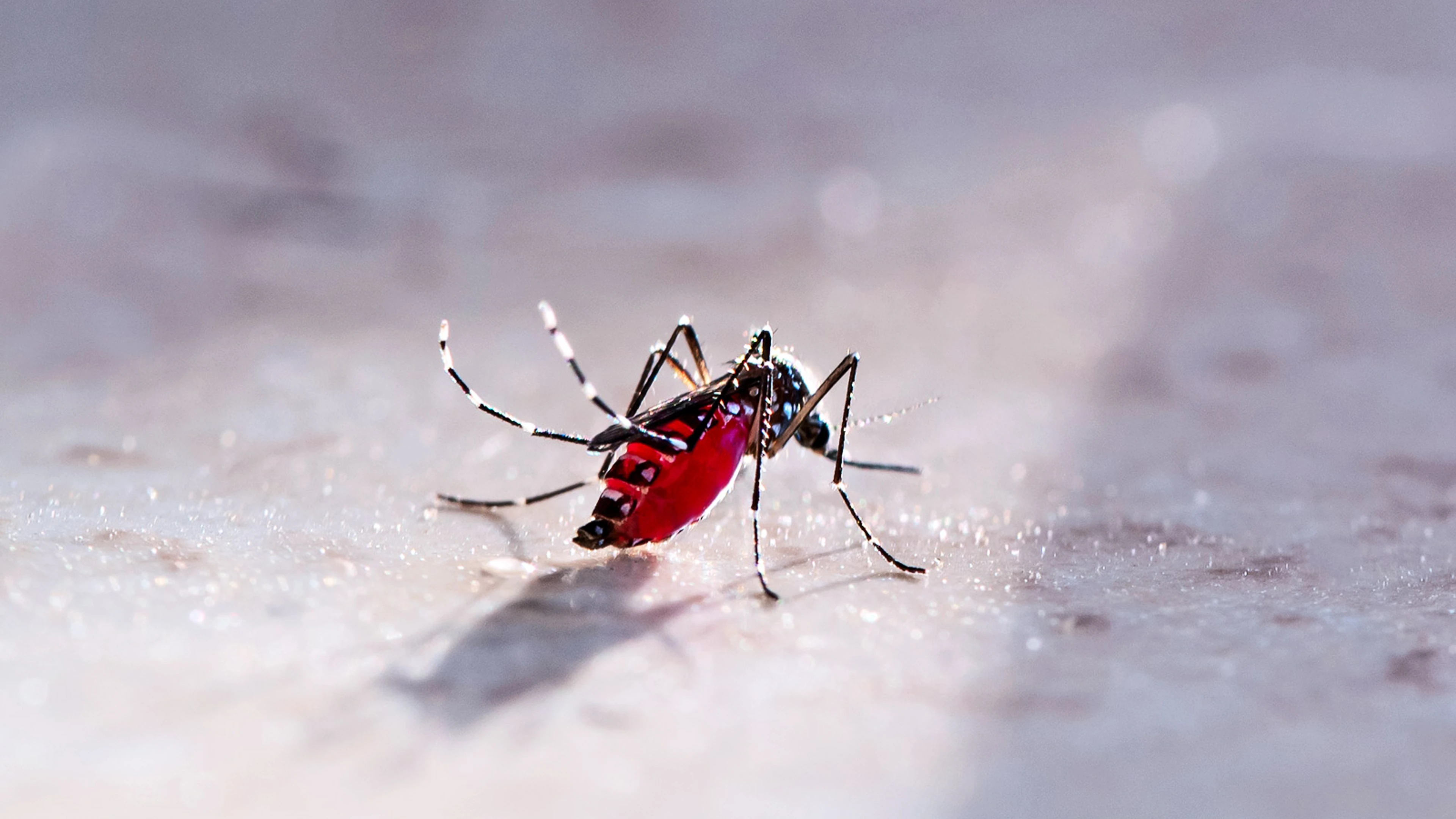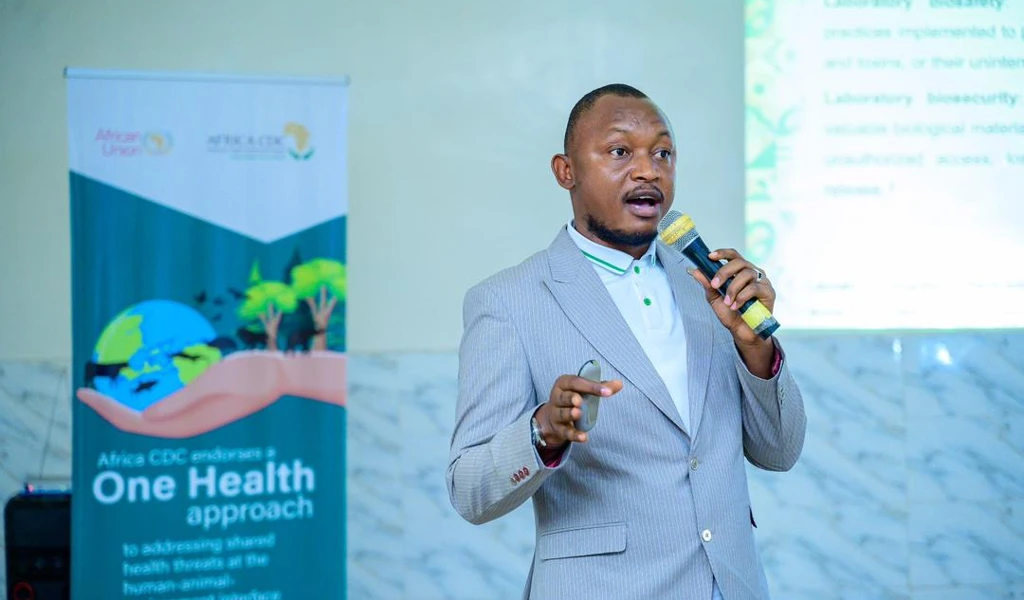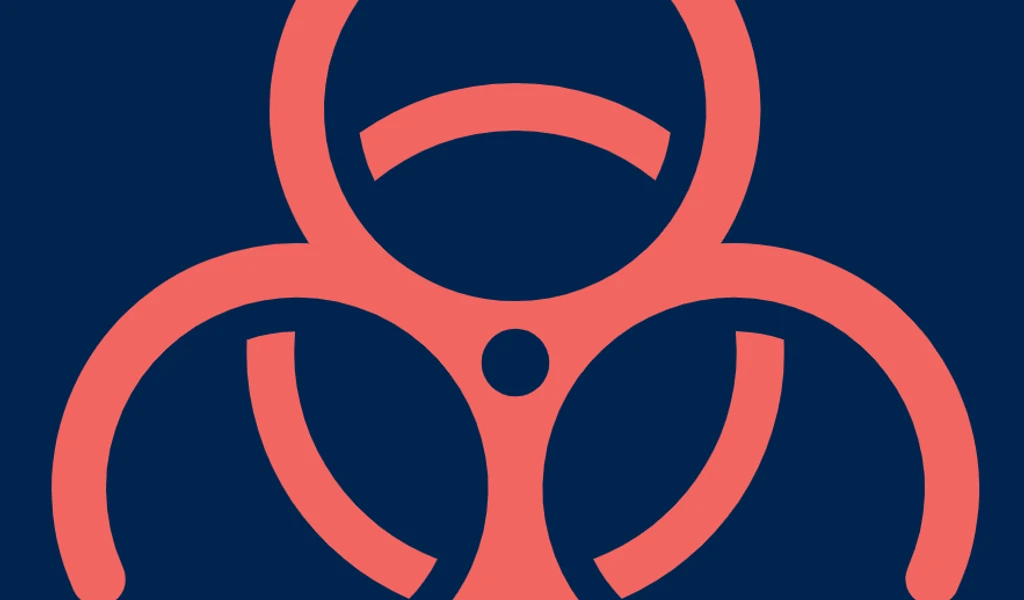As Valneva's Chikungunya vaccine candidate gains FDA approval, CEPI's CEO Dr Richard Hatchett outlines how CEPI/EU funding has been critical to accelerating access for endemic countries.
A vaccine against Chikungunya has secured regulatory approval for the first time. Licensure of Valneva's live-attenuated vaccine candidate (known as IXCHIQ) by the US Food and Drug Administration (FDA) is a huge leap forward in the fight against this debilitating disease. The next step is even more important: making this vaccine accessible to those living in endemic countries who are most at risk from the disease.
Investing to accelerate access in endemic countries
CEPI's funding for IXCHIQ, supported by the European Union's Horizon 2020 Programme, is first and foremost intended to accelerate endemic country access to a vaccine that, prior to CEPI's involvement, had been developed and funded by Valneva predominantly as a vaccine for travelers from high-income countries.
In recent years the EU's Health Emergency Preparedness and Response Authority (HERA) and CEPI have developed a strong partnership with a shared focus on preparedness and response to serious health threats. CEPI/ EU investment is designed specifically to enable access to the vaccine by accelerating regulatory approval in endemic regions and supporting technology transfer to a Global South vaccine manufacturer to facilitate access to the vaccine in Low- and Middle-Income Countries (LMICs) at affordable pricing. Valneva has demonstrated its commitment to access by partnering with us, and Brazil's Instituto Butantan, to advance both of these goals.
The vaccine candidate was already in late-stage development at the time of CEPI/ EU investment in 2019. It was the most advanced Chikungunya vaccine candidate in the field, it had extremely promising data, and as a single-dose vaccine it was well-suited for use in outbreak responses and in low-resource settings. However, we knew when we made the decision to invest in the vaccine that licensure would come later in LMICs than it would in high income countries because the vaccine was already following a regulatory pathway tailored towards licensure with stringent regulatory authorities in the USA and Europe. It would take additional time to generate the data needed for regulatory approval in endemic regions, and to complete the technology transfer to a Global South manufacturer that was needed to achieve an accessible and affordable vaccine.
Nonetheless, the quality of the vaccine candidate and Valneva's willingness to support vaccine access in endemic countries convinced us to invest in their promising candidate. Without the support from CEPI and the European Union's Horizon 2020 Programme this vaccine might have remained a product principally targeting travellers from the Global North and health inequities would have been perpetuated. Our continued collaboration with HERA, along with CEPI/ EU investment, will ensure that the vaccine is made available globally more rapidly than would have occurred otherwise.
Achieving sustainable and affordable access
To date, CEPI and the EU have committed up to $24.6 million to enable access to IXCHIQ in endemic countries. In the complex and costly field of vaccine R&D this is a relatively modest investment, and a fraction of the overall development cost for this vaccine, but it is one that is destined to have a significant impact for those living in countries with the highest burden of disease. This funding primarily supports the following activities:
- Technology transfer of Drug Product to Valneva's partner in Brazil, Instituto Butantan, who will manufacture and market the vaccine in LMICs. This will enable sustainable, reliable, and affordable access to the vaccine for endemic countries in the future.
- Late-stage studies designed to generate data that will contribute to future regulatory approval in Brazil, a country which experiences a high burden of Chikungunya disease. This includes a phase 3 clinical trial in adolescents in Brazil, now nearing completion, which will expand access to younger people and support regulatory approval in Brazil and other countries in Latin America.
- Access to an emergency stockpile of 200,000 vaccine doses which, at CEPI's direction, can be supplied to affected countries free of charge to help control disease outbreaks until the Instituto Butantan-produced vaccine becomes available.
These activities, in combination, will facilitate vaccine access in endemic countries in the short-term and medium-term. In the longer-term, there are still crucial R&D and policy questions that need to be answered to support the rollout of Chikungunya vaccines — whether Valneva's or other CEPI-backed candidates — in endemic countries.
A recent CEPI Call for Proposals, also backed by the European Union, will help to address these questions by funding phase 4 real-world effectiveness studies, long-term evaluations of safety and immunogenicity, and further trials will help to expand access to vulnerable groups including pregnant women, children, and people who are immunocompromised. In the meantime, CEPI will continue to work with PAHO and regulators in affected countries to discuss routes to licensure and prepare for the availability of Chikungunya vaccines.
So all of us will now take a moment to celebrate this historic milestone and to congratulate our colleagues at Valneva on a historic achievement. We'll then get on with the urgent task of making sure that those who most need a Chikungunya vaccine can access one.



.webp)